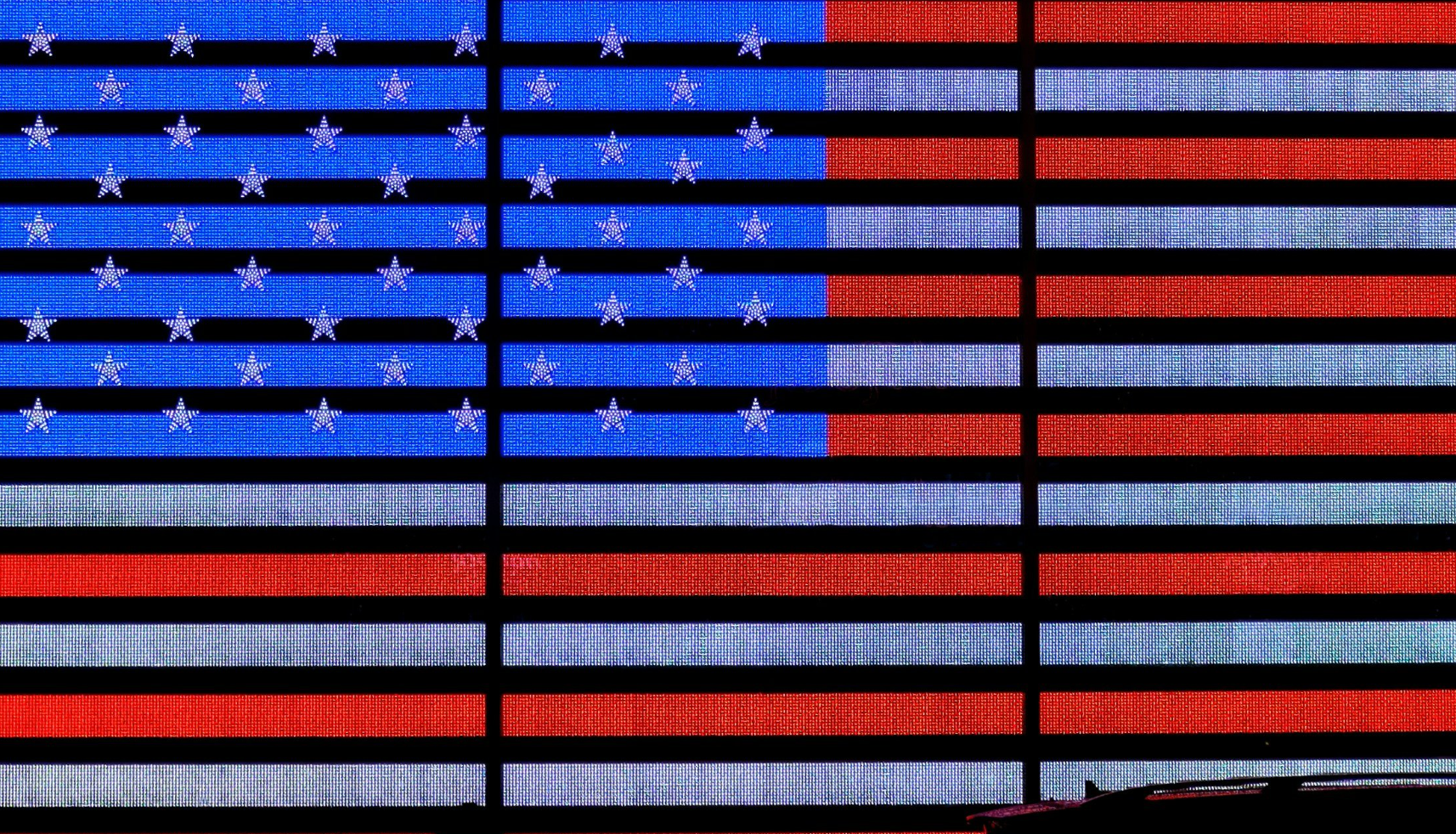Photo by Stéphan Valentin on Unsplash
What kind of America do you want to live in? There are many ways to answer that question. But if you are a Republican these days, chances are that your ideal America suddenly looks very … homogenous.
A new poll put out this week by CNN shows that fully 55% of people who identify as Republican or Conservative consider an “increasing number of people of many different races, ethnic groups, and nationalities” to be “threatening” to American culture.
Meanwhile, over in the other political tribe, just 11% of Democrats are worried about foreigners wrecking Americana.
To be clear, the question wasn’t about rates of immigration or policies at the border, something that people can reasonably disagree about even while still embracing the idea of a multiethnic America. And it wasn’t a question about DEI programs at schools or agencies, something that has drawn backlash in recent years.
It was, simply, about what an ideal America looks and sounds like.
And what we see and hear in the study is that more than half of one of the major parties – in a country of immigrants no less – has come to view diverse national backgrounds as a threat to “America’s culture.”
What’s more, that view has emerged among the GOP very quickly.
Back in 2016, when Donald Trump began his unlikely campaign for president with a shot at undocumented immigrants from Mexico, 39% of Republicans felt that way. In 2019, it fell to just 20%, before rising again last year to 40%.
To be fair, this has happened in the context of rising concerns about immigration more broadly, and after several years of record numbers of undocumented immigrant arrivals in the US.
Overall, the percentage of Americans who say diversity of national origins enriches America has fallen from the low 80s in 2019 to the mid-60s today.
But even amid that broader trend, Republicans and Conservatives stand out. They are currently the only demographic group in which a majority sees things this way.
White, Black, male, female, high-earners, low-earners, those with college degrees and those without – in all of these groups, the poll shows, a majority still view ethnic diversity as something that “enriches” American culture.
Even among whites without a college degree, often considered the working-class bedrock of Trumpism, 56% say a broader mosaic of national origins is something good for America.
Why have Republican views shifted more radically than anyone else’s? Some may point to the racial makeup of the GOP itself which, despite steadily absorbing more voters of color, is still 85% Caucasian – or 20 points “whiter” than the Democrats. But that’s not new.
Something else is going on. In a political culture where our identities and perceptions are increasingly shaped by political leanings, one party – one man, even – has been working hard to normalize, and give voice to, a certain kind of nativism.
When Trump speaks of immigrants “poisoning the bloodstream of America,” or repeats falsehoods about foreigners eating cats and dogs, he is fueling a kind of simmering xenophobia that has scary echoes of the past and powerful effects in the present.
There is, room for reasonable debate about how well American society assimilates people from other places. Historically, we actually do a relatively good job – particularly by comparison with much of Europe – in part because being American is, in principle, an idea rather than an ethnicity.
The question is whether, in an America that is observably becoming more diverse while also becoming hazily more skeptical about diversity, the fresh appeal of the GOP’s nativist message is reaching a climax. Or whether Trump is tapping into something deeper, darker, and broader still.
